This Website
Secured by 
Longmont Genealogical Society
Programs and Events For the Year 2021
Go to Past Programs Main Index or Year 2022 2020
January 13, 2021 1:00 PM |
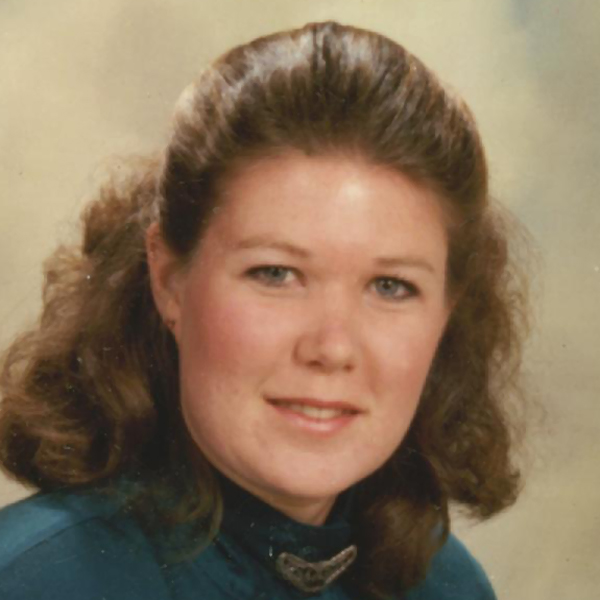
Dina Carson Presents "Non-Population
Census Schedules: Agricultural, Industry, Mortality,
Slaves, Social Statistics, State, School and other
Specialized Census Records"
The Census Bureau has been collecting more than personal data since 1810 when they started asking questions about how things were made in the United States. By 1850 they had established six separate schedules to gather data on the population, slaves, mortality, agriculture, manufacturing and social statistics. While these schedules are not as helpful for typical genealogical tasks such as establishing relationships, they are helpful for learning about how an ancestor lived. Census schedules can help you find pensioners and veterans. If you have Native American ancestry, the Indian Census Schedules are invaluable. It wasn't only the Federal government that collected census data, so did states, some cities, school districts and others. If you have only been using the Federal Census Schedules to find your family, you may be missing some valuable information. Dina Carson has been involved in genealogy for more than two decades, and is currently the coordinator of the Boulder Pioneers Project, a comprehensive look at the original source documents for Boulder County during the Territorial period (1859-1876). She is the author of more than thirty annotated indexes of Boulder County source materials. She lectures frequently to genealogical societies throughout the state and is working with the Colorado State Archives on state-wide indexing projects. Dina is the author of 10 books about publishing and genealogy including, Publish Your Family History: A Step-by-Step Guide to Writing the Stories of Your Ancestors, Map Your US Research: A Workbook for Genealogists and Colorado's Historical Assets: A Research Guide for Genealogists, Local Historians and History Buffs Containing a Treasure Trove of Museums, Ghost Towns, Courthouses, Historic Homes and Hotels, along with the Libraries and Archives Holding Colorado's History. Dina brings her experience with all phases of book publishing to help first-time self-publishers create quality family or local histories that are both believable and achievable. When she's not at a computer working on a publishing project, you can find her photographing the pioneer cemeteries of Colorado. |
February 10, 2021 1:00 PM |
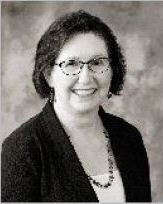
Sylvia Tracy-Doolos Presents: "Centuries
of Censuses: What Census Instructions Can Teach Us"
Instructions to enumerators differed every ten years and can tell us a lot about what was going on in the country. Understanding the details hidden in the census can help us take advantage of the information gathered, and help us understand the context of our ancestor’s times. Sylvia Tracy-Doolos is a Professional Genealogist, Consultant and Lecturer. She is an officer in WISE, CAPG, and ISBGFH, and an active member of a number of genealogical societies. |
March 10, 2021 1:00 PM |
Gail Lewis Presents:
"Find a Grave: Burials Full of Hidden Secrets" Gail Lewis will be providing a comprehensive look at the website, Find a Grave, the largest collection of burial sites in the world. The graves, or Memorials, are inventoried and photographed by unpaid volunteers from all over the world for the purpose of sharing those with everyone searching for their ancestors. The website if free, and anyone can access the information about their ancestors plus add additional family members, find new, unknown ancestors, find obituaries, photos, leave flowers and many other opportunities. It allows people from all over the world to work together and share information. I will demonstrate the basics of researching Memorials plus many hints on how to transfer the information to other sites, how to add photos, how to add an additional Memorial Page, establish your own Virtual Cemetery, and to suggest changes and start pages for your own ancestors. Gail has been researching her own family for many years, even before computers! She is currently Education Chairman for the Longmont Genealogical Society teaching many classes in that venue plus teaching near her home in Arizona during the winter. She’s been a member of Find a Grave for almost 11 years and uses it quite often. She finds this website to be one of most helpful sites in the top four. |
April 14, 2021 1:00 PM |
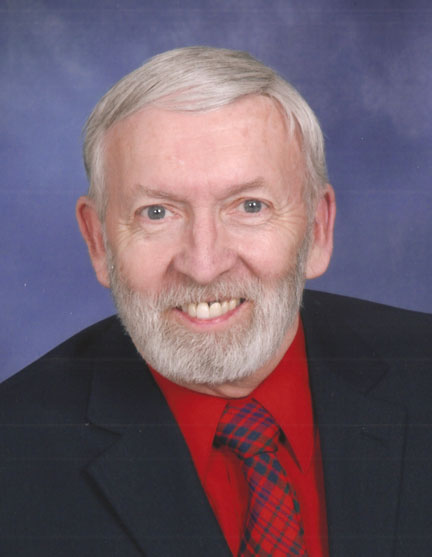
Harry Ross Presents:
"Finding Your Immigrant Ancestor’s Naturalization Records" After 1790, U. S. citizenship became important for voting, holding land and other things. We will look at how Naturalization changed over time and where to find the records including places you might not think to look! Harry Ross is Past President of the Colorado Council of Genealogical Societies and of the Longmont Genealogical Society. He has been researching his family history since a 1990 visit to Scotland. He earned a Bachelor of Science in Education from the Ohio State University and is a retired Theatre Manager of the Regal Entertainment Group, one of the largest Motion Picture Theatre companies in the United States. He has researched ancestors in the United Kingdom, Ireland, the Netherlands and Germany and how some of them immigrated to the US. He is a member of the National Genealogical Society, Longmont Genealogical Society, W. I. S. E., ISBGFH, Genealogical Speakers Guild and the Association of Professional Genealogists. |
May 12, 2021
1:00 PM |
Joan Grady presents "Homestead Records"
This presentation addresses detailed information about the Homestead Acts of 1862-1998 which allowed applicants to acquire government or public domain Land. Initially conceived as a way to populate the West by allowing citizens as well as immigrants, women, and (eventually) freed slaves to acquire land., the details of the seven Homestead Act Laws reveal not only land acquisition patterns but other information about our ancestor’s lives. These valuable records can include records of date and birthplace, military service, naturalization, as well as land and home value. The description of the Homestead Acts is followed by a brief review of Virgil Earp’s complete Homestead file that provides an illustrative example of the ancestral information available. Joan has a PH.D. from the University of Colorado, and M.A. from Columbia University, an MLA from the University of Denver, a B.A. from Hunter College and a Certificate in Family History Research, British Option from Brigham Young University. She presently consults in the educational field in addition to her work as speaker, genealogist and destination lecturer. Her articles have appeared in a variety of magazines. She has given presentations on many occasions to local and national groups. |
June 9, 2021
1:00 PM |
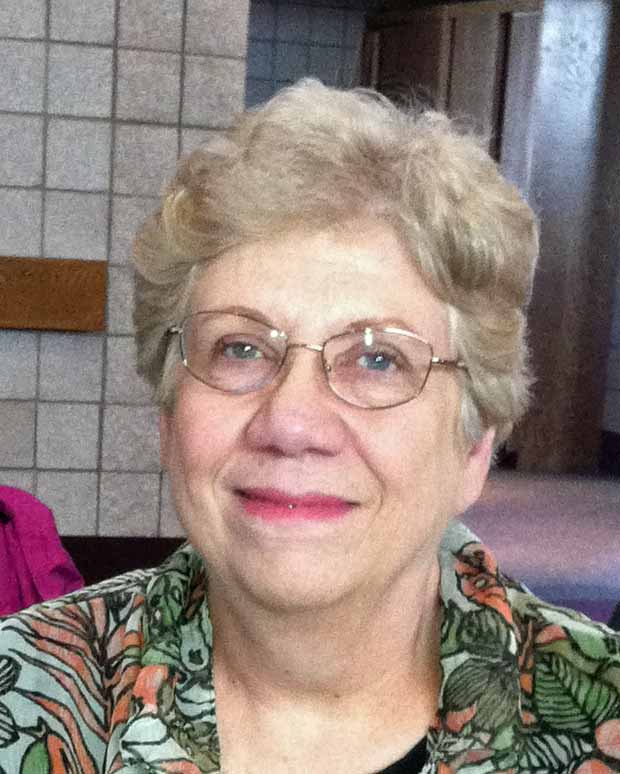
Carol Cooke-Darrow Presents "Court
Records: Defendeants, Judges. Jurors. Debras, and Social
History"
Almost all the adult males in the county appeared in the courtroom from time to time. Some presided over cases and some simply served on juries. The most common business of the court was in settling debts but other cases involved trespass, bridge repair and attorney qualifications. There is no simple index so you will have to read the court minutes to learn about the events in your county as you search for your relatives. Carol Cooke Darrow has been a professional genealogist for the past 20 years. She teaches zoom classes in beginning genealogy and facilitates a zoom family writing group from September through May each year. |
July 14, 2021 1:00 PM |
 Linda Huerta, Organizer -- "Voices From The Past" Linda Huerta is coordinating a program of member contributed content for our July 2021 meeting. What's Needed: * LGS members provide an image of a letter from their family research along with a textual transcription. * A brief description of the relationship of the writer to the member, and the relationship of the sender to the recipient. * Linda will compile letters into a presentation for viewing. * Members will read their letter at the meeting while its being displayed. Linda Huerta started researching her families in 1978 at the San Diego LDS Library and Laguna Niguel, CA National Archives. Directed programs "Voices of the Past" and "Faces of the Past" for the San Diego British Isles Family History Society. Advanced to online research and more recently DNA research. As a member of Longmont DNA Special Interest Group she has lead a chapter program from "Genetic Genealogy in Practice" and a program that showed how she found an unknown direct line ancestor of one of her close relatives. She's retired now, but had a career as a Sales Engineer. The DNA Study Group will not meet this month. |
August 11, 2021
1:00 PM |
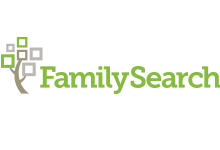
Mark Fearer presents "Familysearch.org
A deep dive into the world's largest free database" (to
include Wiki)
Family Search (FS) is like an iceberg - their records or their global Family Tree is above the surface, but much lies beneath, unseen. Whether you’ve used FS or not, this presentation will show you the many resources that few people use (or know about) that can help you tunnel beneath your brick wall and reach those shy ancestors. Mark Fearer has been doing family history since the 1980s, and has been a professional genealogist since 2007. He has taught a number of genealogy courses, and has lectured at numerous venues, including at national genealogy conferences. He also writes a monthly genealogy column. |
September 8, 2021
1:00 PM |
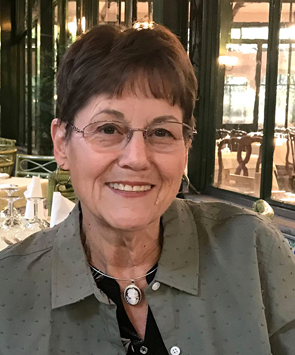 Kathy Emmel-- "Quilting Your Family
History"
You don’t have to be a quilter to enjoy Kathy Emmel’s presentation about “Quilting Your Family History.” Kathy will share 16 quilts-15 which she has made over the past 25 years, as well as an antique quilt-that showcase people, events, and places, After presenting the first 11 of the quilts, she will delve more deeply into the stories and history of people and events in the remaining five quilts by sharing her sources, documents and research techniques. The quilts include the stories of a great-great grandfather who was a Confederate soldier in Virginia, and Union army. One quilt tells of a family tragedy that occurred in 1929 in Westchester County, New York. A fourth quilt about her husband’s family tells the story of German-Lutheran immigrants who settled in southern Minnesota, the fifth and final quilt was a wonderful find from an antique store. Through researching the names on this quilt from Iowa, Kathy was able to create a six-generation family tree chart. In addition, Kathy will share some of the techniques she employed in the making of the quilts. Kathy has a background in graphic design and had a 30 year career teaching elementary school children in California and Colorado. Since retirement, she has delved more deeply into the study of genealogy and her family history. She holds a Certificate in Genealogical Research from Boston University as well as having completed a ProGen Study Group course as well as a number of institute courses. She is always looking for new ways to share her love of quilting and genealogical finds with others and encouraging them to learn about their own family history. 2021 DNA Study Group
The DNA Study Group will meet virtually via Zoom after the regular Membership Meetings until other arrangements are made. LGS members will receive this information in the Monthly Bulletin. If you would like to be a Guest please click and fill in Guest Invitation Subscription Form. Guests will receive an email a day or two before the session with the Join Zoom Meeting ID Number and Password. |
October 13, 2021
1:00 PM |
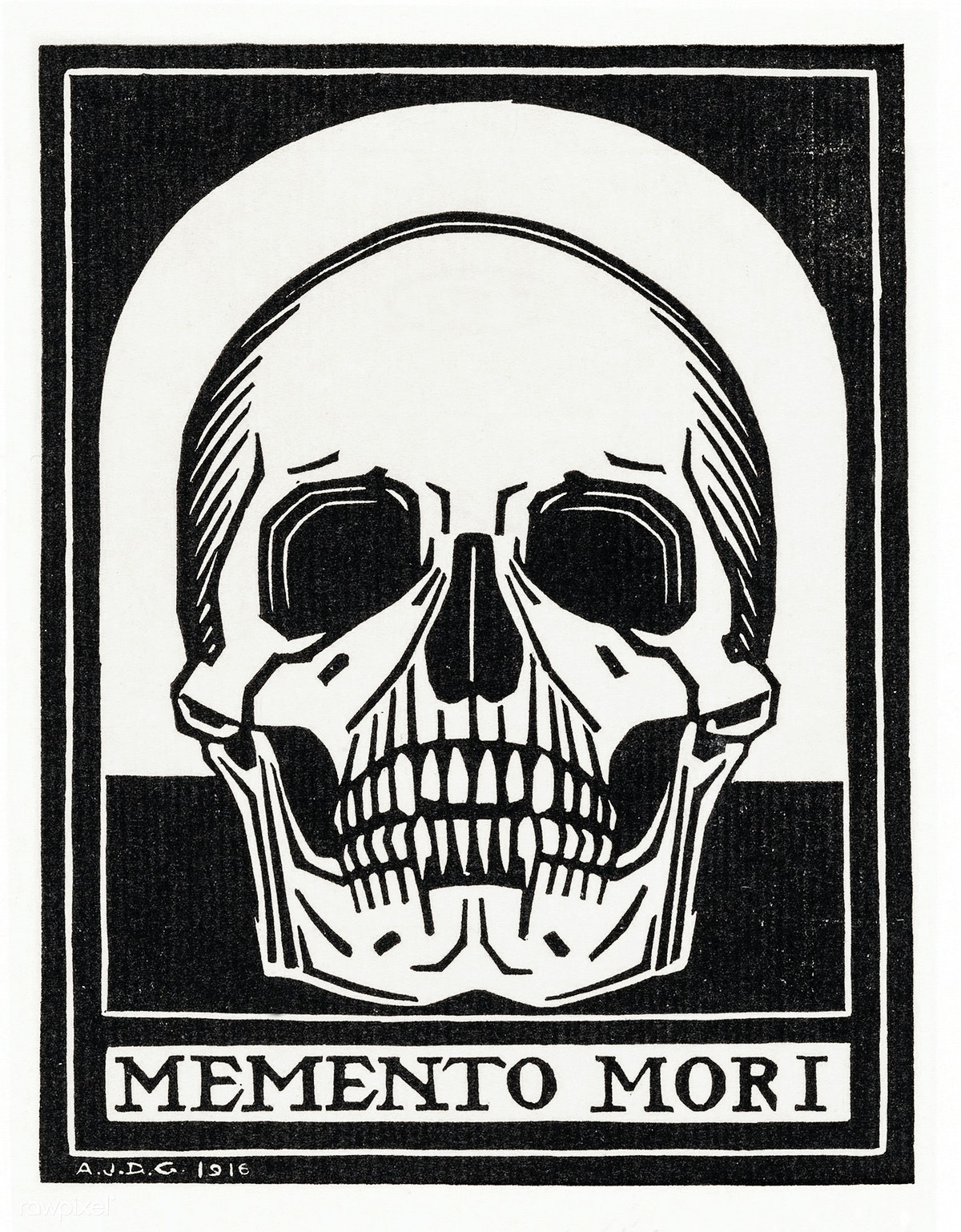 Linda Pearce presents "Momento Mori Halloween Wake, Dead or Alive?" Did you ever wonder if your great-great Aunt Tillie was alive or dead in that old, family photo? Post-mortem photography, the art of photographing the dead, has a long tradition. While it may seem macabre to contemporary sensibilities, reputable post-mortem photographers actually went to great lengths to “beautify” these photos and intentionally create works of art rather than straightforward documents of death. In “Memento Mori”, we will trace the history of this art form and learn tips for spotting fake post-mortem photos. (Note: no gruesome photos will be shown, but there are photos of deceased children). Linda Pearce was “infected with the gene pox” by her husband in the early 1990’s. A former computer teacher and park ranger, she enjoys combining her love of genealogy, technology and photography to help others effectively research their family history and create visual presentations of their stories. She has presented numerous workshops and lectures including “The Dark Side of Ancestry.com”, “Find Your Ancestor’s Homestead With Google Earth”, “Using Fashion and Photo Prop Clues to Date Your Family Photos”, “Finding Family Fotos On-Line”, and “Retouching Your Family Photos”. |
November 10, 2021
1:00 PM |
 Erik Mason presents "Honoring Longmont's First 150 Years" Erik Mason, author of the recent book "Longmont: The First 150 Years," will discuss his book and the history of our community as told through the Museum's photos and exhibits. Erik Mason is the Curator of History at the Longmont Museum, responsible for the Museum’s historic object and archival collections. In his 20+ years at the Museum, he has helped hundreds of people research a wide variety of local history topics, and developed numerous history exhibits, programs, and publications. |
Zoom
Meeting December 8, 2021 1:00 PM |
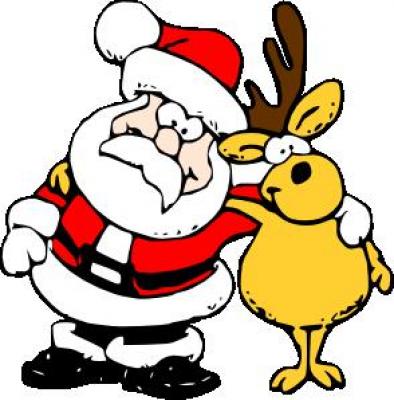 Round Table Discussions The round table discussion topics and leaders are as follows: 1. Irish research – Diana Bara 2. Eastern European Research – Mark Fearer 3. Canadian Research – Therese Cordes 4. Adoption Research (with emphasis on use of DNA)– Glenn York 5. Hints and Tips for Organizing your Genealogy Research – Linda Huerta 6. Holiday Traditions (if you have a tradition to share which involves a physical object please try to have it available for others to see via Zoom – e.g. show and tell) – Margaret Lindblom The DNA Study Group will not meet this month. |